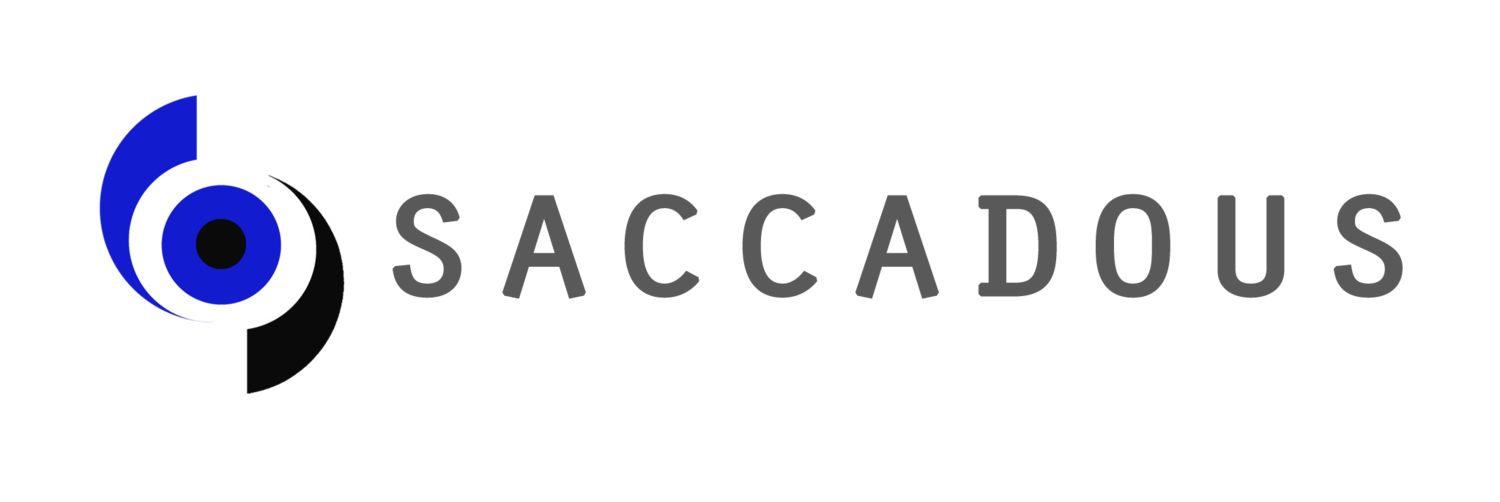Saccadous annouces partnership with Eyetech Digital Systems
/SCOTTSDALE, Ariz. – Saccadous, Inc has signed a partnership agreement with EyeTech Digital Systems, of Mesa, Arizona, to engineer and manufacture an innovative eye tracking device to help diagnose and track neurological ailments such as Alzheimer’s, Parkinson’s, and Traumatic Brain Injuries. The collaboration came about as a result of Arizona State University’s Furnace Accelerator program.
"Through the Furnace Accelerator program, we had an opportunity to choose from over 100 technologies to see if there were technologies we thought we could bring to market,” said Saccadous CEO Craig Caffarelli of Scottsdale. “After carefully considering the options, we thought this technology had the greatest potential to have a societal impact and speed to market.”
After winning a spot in the accelerator, Caffarelli immediately began a global search to find the right camera that could capture the involuntary eye movements at the required frame speed of 200 frames per second. The existing cameras were bulky and expensive, ranging from $45,000 to $90,000, and the team didn’t think those types of solutions were scalable.
“We looked at companies in Germany, China, and Japan, and our search eventually led us right back home to Arizona, and EyeTech Digital Systems,” explained Caffarelli.
EyeTech has been in business for over 17 years, developing eye tracking cameras and software for the disabled. The company has a history of industry firsts, including the first Windows based eye tracking mouse, the first miniature eye tracker, and the first long-distance eye tracker.
“When Saccadous came to us in June, they explained the specs they needed [200 Hz] and asked us if we could build a camera that would do it,” said EyeTech CEO Robert Chappell. “We’d been asked about these frame rates by others, and we got our engineers together and figured it out.”
Partnering with an established engineering firm has helped accelerate Saccadous’s path to market.
“EyeTech has already solved problems we hadn’t even thought of,” explained Caffarelli. “They have already addressed things like: rooms that are too dark or too light, or if the patient is wearing glasses, which causes a reflection.”
EyeTech also sees promise in the relationship. Saccadous has licensed 14 patents from Dignity Health Arizona and Barrow Neurological Institute, and has a goal of putting the devices in every hospital in the Dignity system, to monitor the progression of diseases like Alzheimer’s and Parkinson’s. The patents also cover the diagnosis of traumatic brain injuries and concussions, which have been a primary concern of high school, college, and professional football organizations in recent years. The tablet-based device is inexpensive and mobile, making it an attractive device to athletic trainers and sports medicine professionals.
This week, the companies are sharing a booth at the Consumer Electronics Show (CES) in Las Vegas in January, to unveil the high-speed eye tracker. Saccadous is attending as guests of EyeTech, who has attended the show the past 3 years.


